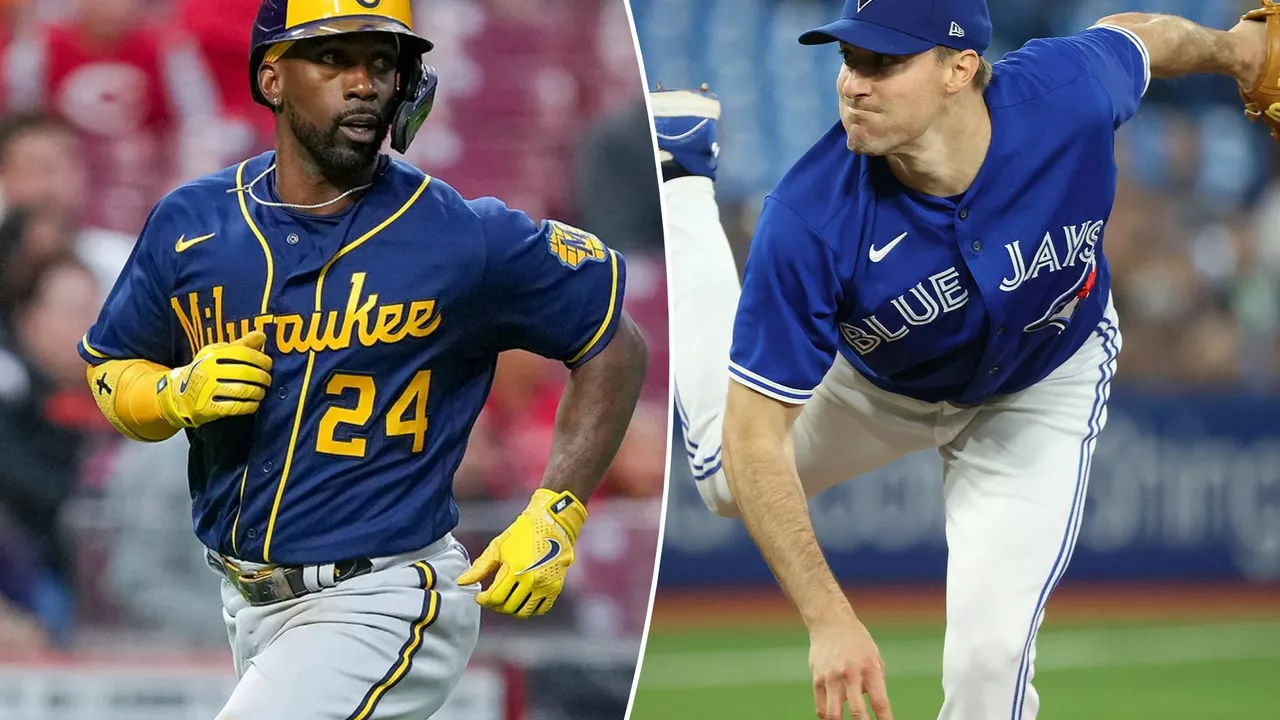Agent Commission: What It Is and How It Works
Ever wondered why top athletes have a team of people behind them? The biggest piece of that puzzle is the agent’s commission. In simple terms, a commission is the cut an agent takes from the deals they negotiate for a player – whether it’s a contract, endorsement, or sponsorship.
Typical Commission Rates in Sports
Most agents charge somewhere between 3% and 10% of a player’s contract value. In the NFL and NBA, you’ll often see the 3% rule because the leagues set a cap on how much an agent can take. Baseball and soccer agents sometimes charge higher rates, especially when they land lucrative endorsement deals. The key is that the percentage is usually fixed in the contract you sign with the agent.
When Does the Agent Get Paid?
Payment usually happens right after the deal closes. If an agent negotiates a $10 million contract at a 5% rate, they’ll collect $500,000 as soon as the contract is signed and the money is transferred. For endorsement deals, the commission comes in when the brand releases the payment. Some agents also earn bonuses if the player hits performance milestones, but that’s a separate clause you’ll see in the agreement.
It’s important to read the fine print. Some contracts include a “pay‑on‑performance” clause where the agent gets a higher percentage if the player breaks a record or wins an award. Others might have a minimum fee, meaning the agent gets at least a set amount even if the contract is small.
Agents also charge for extra services, like image consulting or legal advice. Those fees are either rolled into the commission or listed as a flat rate. Always ask your agent to break down what you’re paying for – transparency prevents surprise bills later.
For athletes, the biggest question is whether the commission is worth it. A good agent can raise a contract by millions, which makes a 5% commission a smart investment. On the flip side, a rookie or a player with modest earnings might negotiate a lower rate or even a flat fee to keep costs down.
If you’re thinking about hiring an agent, start by comparing a few candidates. Look at their track record, ask for references, and see how they structure their fees. The best agents are the ones who clearly explain how they’ll help you earn more money, not the ones who hide the numbers.
Finally, remember that the agent‑player relationship is a partnership. Both sides want the player to succeed, and the commission is just the price of that teamwork. Keep communication open, review contracts together, and you’ll avoid most of the pitfalls that come with hidden fees.

What percentage of an MLB contract does the agent get?
In the world of Major League Baseball, agents play a key role in negotiating contracts for their player-clients, and they are compensated for it. Typically, an MLB agent can expect to earn between 4% to 5% of the player's contract. This percentage is not fixed and can vary widely, often depending on the agent's reputation, the player's skill level, and the specifics of the contract itself. So, if a player signs a $10 million deal, their agent could pocket anywhere between $400,000 to $500,000. It's a lucrative business, but remember, the agent's job involves a whole lot more than just contract negotiations.